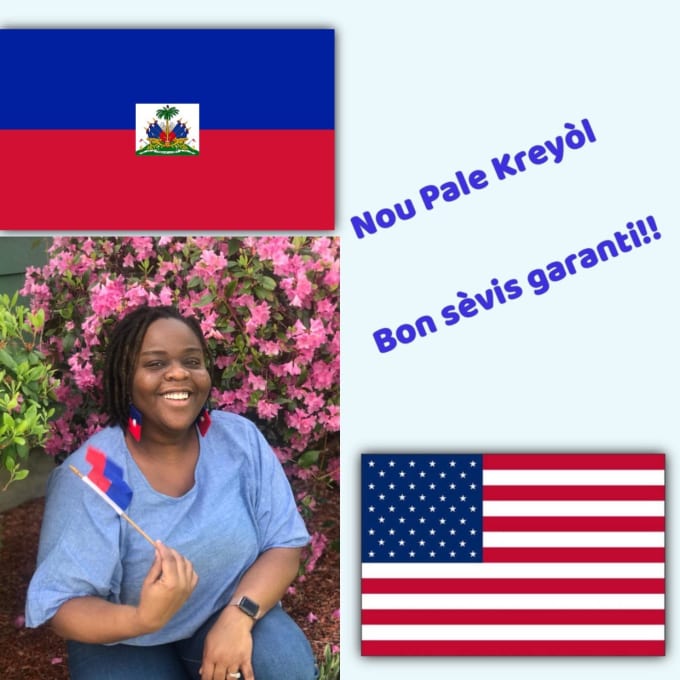

Bilingual is Not EnoughĪlthough a Haitian American may be fluent on an expert level with day-to-day vocabulary in Creole and English, she will be at a loss when she enters a hospital to adequately interpret for her mother. How can he expect a bilingual person who has not had any legal background to know the vocabulary in both languages and transmit his message accurately? Is it reasonable to assume that a bilingual person could pass the bar exam simply because she is bilingual? Of course not.

As a result, a lawyer only had a rudimentary understanding of legal vocabulary until he attended law school. The fact that they spoke English was irrelevant. To illustrate, professionals in any field were not born with the vocabulary that they use daily. They understand the message behind the words. Finally transmitting it within seconds is not for the faint of heart. In addition, formulating it in another language whose thought patterns and sentence structure is entirely different raises the bar. Moreover, she knows that receiving the message in any language and understanding it as it was intended is already a major feat.
#Haitian creole translator code#
As a certified interpreter, she is obligated to adhere to the code of ethics and follow the standards of practice.

Why? Because she has invested time and resources to complete continuing education requirements. A certified Haitian Creole interpreter has that skill. Interpreting requires a high level of skill. Why Hire a Certified Haitian Creole Interpreter?


 0 kommentar(er)
0 kommentar(er)
